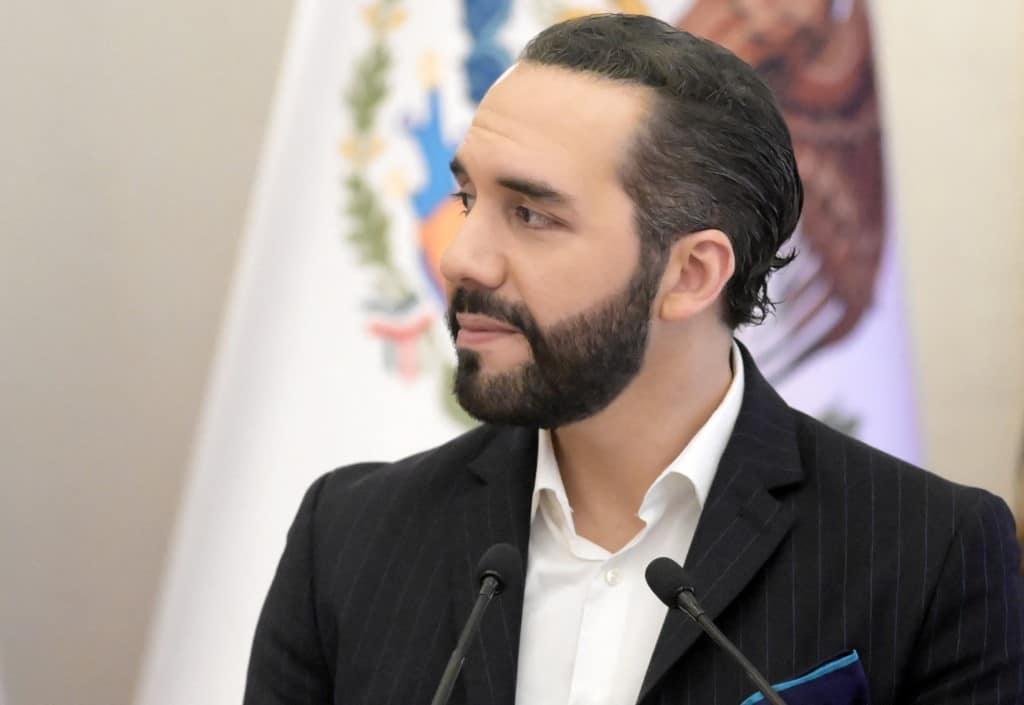When is a dictator not a dictator? Is it when he secures over 80% of the vote, or when his party dominates the congress with overwhelming public support, without the need to jail or remove opponents from the ballot? This is the case with Nayib Bukele, El Salvador’s president, who brands himself as the “World’s Coolest Dictator” and has recently won reelection with ease.
His popularity extends beyond El Salvador, with rallies in support of his policies held throughout Central America and as far as Chile. As crime rates rise in the region, the demand for a firm hand against criminal elements grows, and Bukele has become the face of this movement. He is an evangelical Christian of Palestinian descent, known for his charismatic appearance, often seen wearing a baseball cap, and has reached a cult-like status among Salvadorans, with his image featured on merchandise.
Under Bukele’s leadership, El Salvador has seen a dramatic reduction in its murder rate, from 38 per 100,000 in 2019 to just 2.5 per 100,000. This sharp decline has been attributed to his controversial policies, which prioritize immediate detention over concerns for civil rights. This approach has drawn comparisons to Costa Rica, where the murder rate was 17 per 100,000 in 2023, largely attributed to gang and drug-related violence. Bukele’s methods have inspired calls for similar leadership in other countries to tackle crime effectively.
Bukele’s crackdown on gangs, particularly MS-13, has been both praised and criticized. Over 70,000 suspected gang members have been detained since a state of emergency was declared nearly two years ago, with videos and photos of their treatment circulating widely. While these measures have improved safety for many Salvadorans, they have also raised concerns about human rights violations and the detention of innocent individuals based on appearance.
The debate over Bukele’s tactics reflects a broader discussion about the role of authoritarian leadership in addressing crime and maintaining order. While some admire Bukele’s results and suggest that his methods could be beneficial in places like Costa Rica, others caution against the trade-offs involved, particularly the potential erosion of civil liberties and the importance of addressing the root causes of violence and gang membership.
El Salvador’s experience under Bukele’s rule highlights the complexities of governing in times of crisis and the varying perspectives on the balance between security and freedom. While his approach has garnered significant support for its effectiveness in reducing crime, it also prompts a critical examination of the costs associated with such measures and the long-term implications for democracy and human rights.






